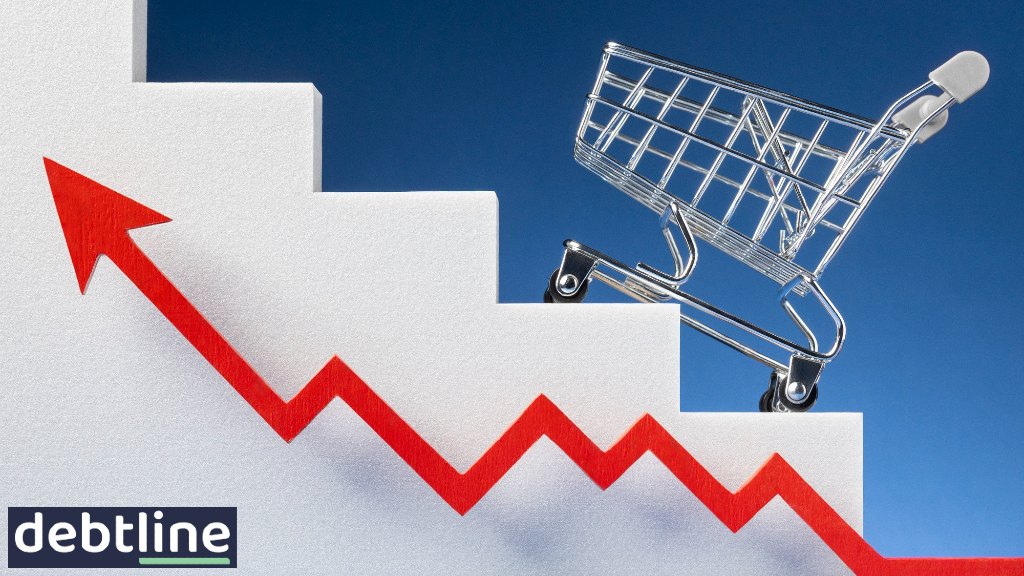Fuel Prices are Down but Electricity is on the Rise this July

South Africans have welcomed the news of fuel price decreases, but the sharp rise in electricity costs somewhat tempers this relief. On the one hand, there’s some welcome relief at the petrol pumps, while on the other, electricity costs are on the rise. Navigating these financial fluctuations is crucial, especially when budgeting for the remainder of the year.
Fuel Costs Relief
Motorists have reason to rejoice this July as fuel prices significantly decrease for the second month in a row. The Automobile Association (AA) has announced that petrol prices are projected to drop by R1 per litre, with diesel prices expected to fall by 30 cents per litre. This adjustment, effective midnight on July 3rd, brings fuel prices back to levels last seen in December 2023, offering a glimmer of hope in these challenging times.
Read: 5 Reasons Why South Africans Are Buckling Under Their Debt
The AA attributes this decline largely to movements in international product prices rather than fluctuations in the rand-dollar exchange rate. As a result, consumers can expect some relief from inflation, which has been steady at 5.2% since May. Lower fuel costs mean reduced input costs for businesses, potentially stabilising prices at the checkout counter.
Electricity Costs Surge
While motorists enjoy cheaper fuel, households and businesses must brace for rising electricity costs. The increase in electricity tariffs, driven by the financial struggles of Eskom, South Africa’s state power utility, presents a significant challenge. Despite efforts to manage Eskom’s debt and improve its operations, the utility’s financial issues continue to impact the economy.
Read: Budget Tips for Surviving South Africa’s Rising Living Costs
Finance Minister Enoch Godongwana, in his recent budget address, highlighted the government’s firm stance on funding state-owned enterprises. Eskom, which was granted an R254 billion debt-relief package last year, needs more support after failing to meet the funding conditions. This scenario underscores the ongoing financial strain and the need for consumers to prepare for higher electricity bills.
Achieving a Primary Budget Surplus: A Silver Lining
Amid these economic challenges, South Africa has achieved its first primary budget surplus in 15 years. This milestone, where revenue exceeds non-interest expenditure, reflects the government’s stringent fiscal policies. The surplus of R31.6 billion, or 0.4% of GDP, matches the National Treasury’s February forecast and signals a step towards fiscal stability.
Read: How to Budget: 10 Ways to Save Money and Conquer Debt in SA
The primary budget surplus has been South Africa’s main fiscal anchor since 2021, highlighting the importance of disciplined spending and revenue management. This achievement is expected to strengthen investor confidence, particularly in light of South Africa’s high debt-to-GDP ratio of 74.1%, which surpasses the emerging market average.
Christmas in July: Budgeting for the Mid-Year and Beyond
Effective budgeting becomes crucial due to the dual impact of lower fuel prices and rising electricity costs. As the year progresses, South Africans should consider adopting a mid-year ‘Christmas in July’ financial review. This involves reassessing financial goals, adjusting budgets, and planning for upcoming expenses, empowering individuals to take control of their financial future.
Read: How To Break the Cycle of Bad Debt in South Africa
As South Africans steer the financial landscape of July, the importance of effective budgeting and strategic financial planning is underscored. These strategies become essential to balancing the relief of lower fuel prices with the strain of rising electricity costs, providing a sense of reassurance in uncertain times.
The Role of Debtline
Here at Debtline, we understand the complexities of managing debt and the importance of financial stability. Our services include debt counselling, consolidation, and comprehensive support throughout the debt review process. By partnering with national debt advisors, we offer solutions to fit any budget, helping individuals regain control of their finances.
To learn more about how Debtline can assist you, fill out our online form for a free callback. Let us guide you towards a debt-free future, providing peace of mind and financial security.